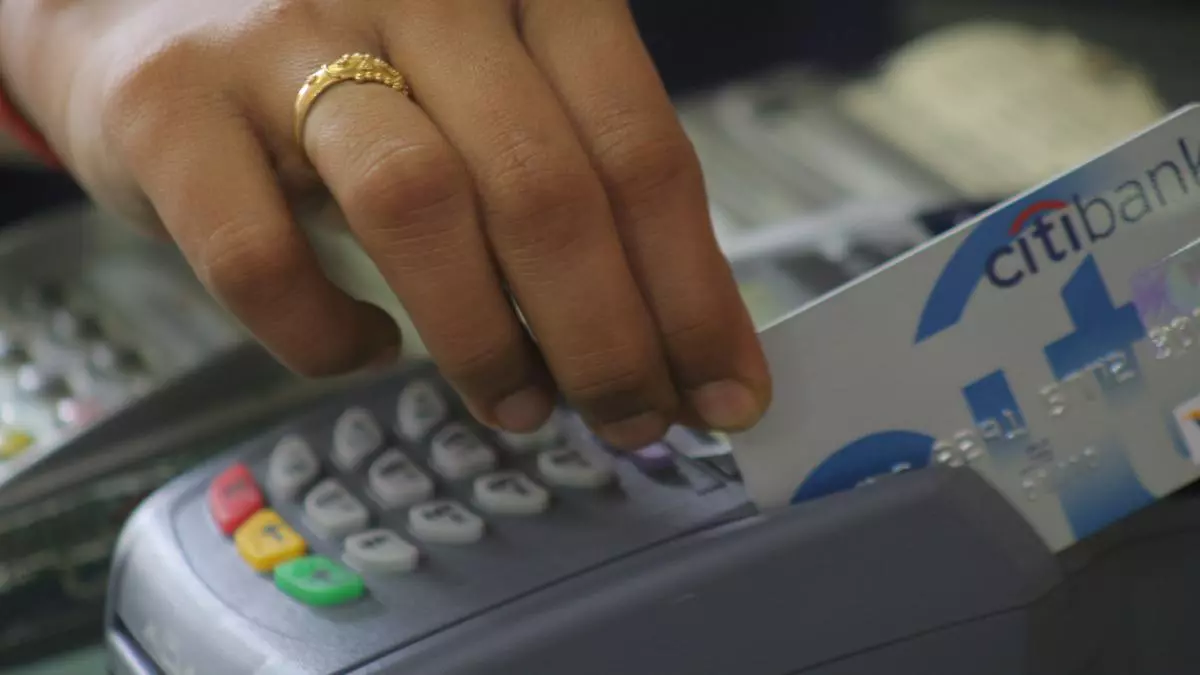RBI warns banks against activating unsolicited credit cards, mandates consent before issuance
The Reserve Bank of India (RBI) said if a customer receives an unsolicited credit card, he/she should refrain from activating or providing consent for the activation of the card through OTP or any other means.
Card issuers are prohibited from issuing unsolicited credit cards and are required to seek prior and explicit consent from the customer before issuing a card.
In its “FAQs on Master Direction (MD) — Credit Card and Debit Card — Issuance and Conduct Directions, 2022,” the central bank emphasised that if no consent is received for activating the card, the card-issuer is required to close the credit card account without any cost to the customer within seven working days from the date of seeking confirmation from the customer.
The card issuer is also required to inform the customer that the credit card account has been closed.
“Subsequent to receiving the intimation from the card-issuer that the card account has been closed, the customer shall destroy the card. Further, the customer may file a complaint with the card-issuer against the issuance of an unsolicited card and escalate it to the RBI Ombudsman as per the Integrated Ombudsman Scheme,” per the FAQs.
OTP consent
If the card is not activated by the cardholder for more than 30 days from the date of issuance, card-issuers have to seek One Time Password (OTP)-based consent.
Interest calculation
In case a cardholder does not clear the total amount due within the payment due date, the interest-free credit period will be lost, and interest may be levied from the date of transaction on the outstanding amount (adjusted for payments, refunds, or reversed transactions as and when credited) and not on the total amount due.
Further, late payment fees and other charges relating to delays in payment shall be levied only on the outstanding amount (adjusted for payments, refunds, or reversed transactions as and when credited) after the payment due date and not on the total amount due.
